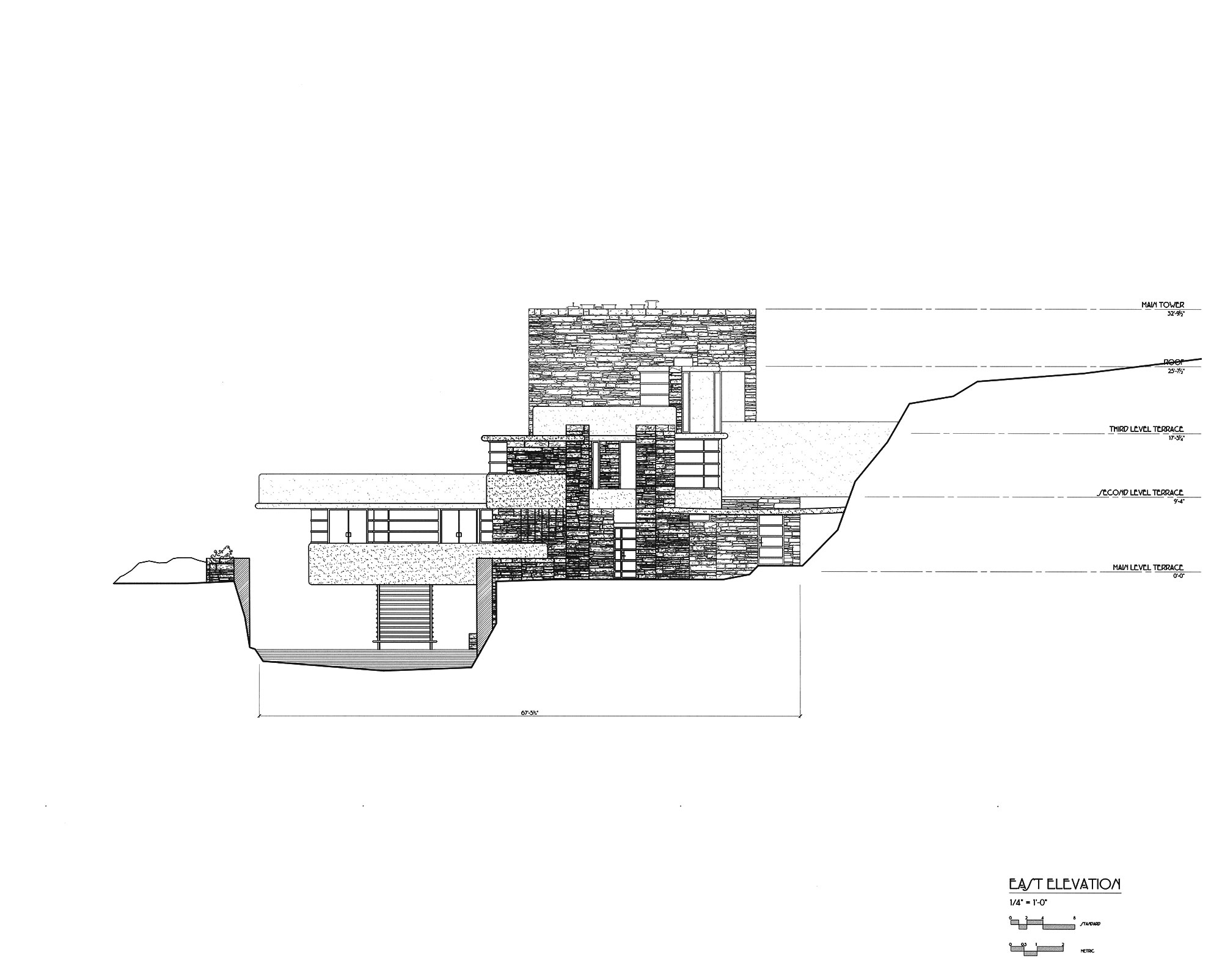Table Of Content

If there is a true lack of water pressure there are some ways to fix the problem. Replacing a shower head might be the best option, particularly if your home has water flow issues to begin with. Suddenly no water from well is usually caused by a faulty well water pump, failing pressure tank, sediment buildup in the water pump or faulty hose and valves. Imagine starting your day like normal, only to find that the kitchen or bathroom faucet isn’t working. ” this 10-step guide should help you troubleshoot common issues before contacting a plumber. Check all shut-off valves, both inside and outside your house, to ensure they are fully open.
Issue With Your Water Utility
Check the upper thermostat if there is no hot water or the supply is insufficient or too hot. If none of these procedures work, it’s time to purchase a more energy-efficient new water heater. An empty tank poses a significant hazard and is not at all energy efficient. Examine the appliance’s connections as well as those of its valves, as well as the pipes themselves. ” here are 9 potential reasons no hot water in your house occurs.
Sign Up For Our Newsletter
You may also want to look into the age of the water main as well as the line and valve leading to your house. There are a lot of reasons why the water pressure in your entire house could be low, and some are totally out of your control. If the oomph has gone out of your plumbing, there are several things you can try before calling in a pro. Hard water minerals are the reason why water softeners are often considered essential gear for anyone with well as the main water source, and the sediment is why pre-filters are so important as well.
Well Pump Troubleshooting and DIY Repair
McCarthy's fall from speakership was sudden but no surprise - Los Angeles Times
McCarthy's fall from speakership was sudden but no surprise.
Posted: Tue, 03 Oct 2023 07:00:00 GMT [source]
In very cold climates, the meter will be found inside the house, usually in the basement. This may sound surprising to you but someone in your household could have turned off the main house shut off valve and forgotten to turn it back on. Unless you live alone, this is a possibility especially if you have young children. A home with elevated humidity (anything above 60%) can become a breeding ground for mold. If the humidity levels get high enough, they can also affect the drywall and create an environment where mold spreads behind walls. We now know that certain mold causes a plethora of health issues1, from chronic sinusitis to nervous system damage.
Water Main Break
This problem requires a professional plumber to clear the buildup or replace the pipes. Concern over safety coupled with the technical nature of a water heater repair mean that it’s best to leave the work to the professionals. If your unit is not on its own breaker—or the breaker needs replacing—call a qualified electrician. Or, if your tank leaks onto the ground or inside the heater’s compartments, bring in professionals to service your water heater before it damages the heating elements or stops thermostat function. He or she may check the heating element for the water heater to ensure it is functioning properly.
Step 5: Check With Your Neighbors

Pull your bed away from the wall, and you might be shocked to see just how much crud is collecting just behind your head. And remember to regularly wash your bedding—once every one to two weeks—and make sure you have a good mattress protector. Leaky gutters are another cause of moisture buildup, allowing excess water into your walls, basement, or crawl space. If your gutters aren’t covered, you’ll want to make sure you clean them out regularly. While moisture in the home is normal—bathing, cooking, and even breathing all contribute—excessive moisture is not, according to expertmoldtest.com. Mold loves humid environments, and if there is excessive moisture in the home, it’s bound to grow, especially in corners and ceilings.
Plumbers can locate the cause of low water pressure quickly and usually have all the tools, parts and knowledge to repair it quickly. There are many reasons why a home’s water pressure may drop, whether it be all of a sudden or over time. The reasons listed below are some of the most common causes of low water pressure in a house.
Emergency Services for suddenly no water from the well
The right cleaners are crucial to not only protect against the virus but protect you from being exposed to the harsh chemicals. Further, common household chemicals—bath products, dish soap, bleach—can damage your airways and lungs. Getting shocked when you touch an outlet may mean that your outlet isn't properly grounded, probably because your wiring is older and needs an update, or has come loose. Ever feel like you're playing a game of Operation trying to plug something into your wall outlets?
There is a chance that the water pressure is low because of the city. Whether it’s a water main break, hydrant flushing or they’ve shut the system down for repair, the city should be able to explain if the issue is theirs or yours. There is a device installed on most main water lines called a pressure regulator. This regulator prevents water pressure from spiking in the home (usually no more than 40 to 60 PSI). Most regulators are adjustable, so it may be that the regulator is set too low. If the pressure is consistent over an hour or so, the home’s plumbing is likely leak-free.
If a pre-filter gets clogged up or can’t catch the larger dirt particles anymore, then the water can’t enter the system, and you won’t get water coming out when you turn on the faucet. Sediment Filters (or Pre-filters) are essentially sieves that catch larger pieces of dirt and sediment to prevent them from getting into your main water system. When a well pump turns on, you’ll hear the clicking of the pressure switch opening and closing. If you hear frequent clicking when no water is flowing, you have problems outside the house and you’ll need to hire a pro. The drilling of a well is essential to gaining access to groundwater, which is used for many things besides drinking, cooking, and irrigation.
First and foremost, regular maintenance of your plumbing system is crucial. Repairing water leaks in the well system is necessary if water flow problems are to be avoided. If you can find the leak’s origin and seal it or patch it, you can try to fix it on your own. But if the leaks are widespread or hard to get to, it’s advisable to call in the pros. Age, wear and tear, and even a power surge can all contribute to this prevalent problem.
The final thing to do regarding the pre-filter is to check to see if it’s damaged. When it comes to sediment and large dirt particles, they can lodge themselves into most of the filter components and do a decent bit of damage. The timeframe will vary depending on the model that you’re using, but it’s usually around every 3 – 6 months. However, if you find that your water consumption is above average and the filter keeps clogging up, then you should replace it more frequently. Regular maintenance of the pre-filter is the most obvious choice.
Start at the well and follow all of the interconnected components that lead to your home. If there’s water pooling anywhere, then you have a damaged hose on your hands. And finally, if you have no surge protection at all and your pump got hit with a voltage spike that it’s not equipped to deal with, then there might be some damage. If you have tried all the methods that we mentioned so far and the pump still isn’t working, then you might need to completely replace it. Water pumps run off of electricity, so they can be affected by a power outage or a power surge.
Investigate the pilot light if the gas valve is working properly. If it isn’t, the gas supply might be restricted because the gas line is obstructing it. Also, if all of the above efforts failed, it’s time to call in the pros.
If you have a well instead of using a municipal water supply, make sure the electric well water pump that extracts water from the ground is working. A shallow well or issue with the well pump pressure tank could be your culprit. Your local plumber can assist with assessing the state of your pump should it need repairing or replacing. One of the first things you should do is check with your neighbors to see if they’re experiencing the same issue.

No comments:
Post a Comment